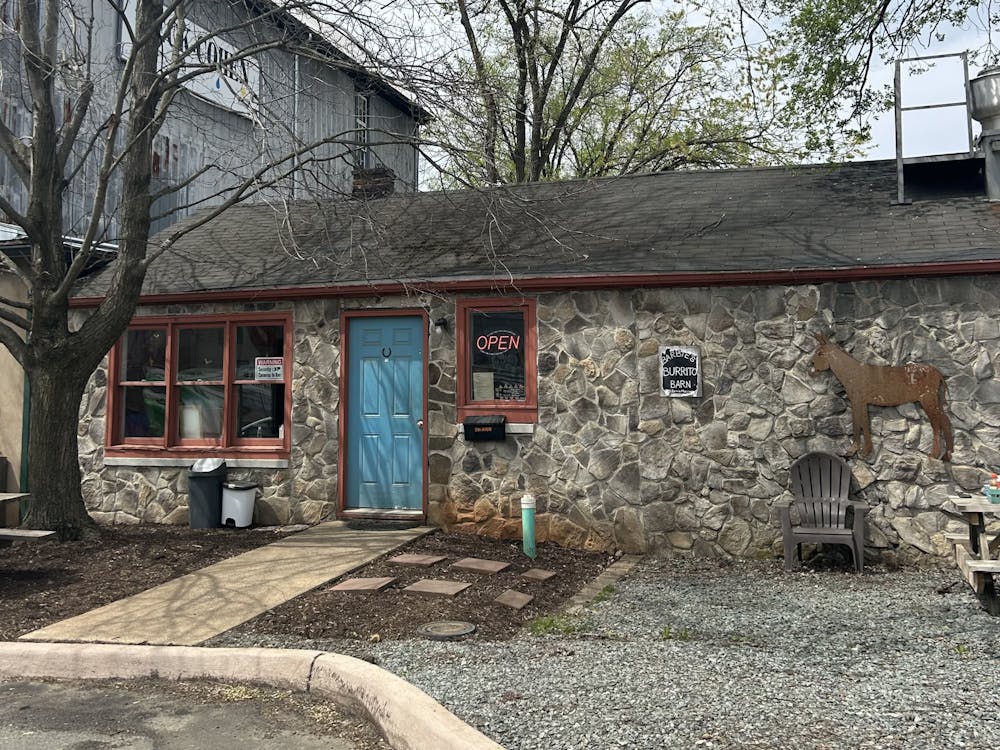The first month of school is filled with constant adjustments and non-stop activity. By September, students breathe a sigh of relief as things begin to calm down — that is, until the great housing “crisis” begins.
Despite having just settled into their current dorms or apartments, students are thrown into a rush to find roommates, search for housing and sign leases, all before heading home for fall break. To prevent you from being legally bound to a regrettable living situation, Countess Hughes, assistant director of housing assignments, shared with us the golden secrets to off-Grounds housing.
1. Know yourself
“You want to know what it is you want to come home to, because that will be where you probably spend the majority of your time, so you want to make sure that area is comfortable in location, in amenities, in people you’re living with,” Hughes said. “Know yourself and pick what’s best for you...Don’t let anyone convince you what’s going to be best. If it feels uncomfortable, then don’t do it.”
2. Understand your priorities
“I talk to students about where do you want to live, who do you want to live with, and how much do you want to pay. Those are the three basic things you want to think about before you make a housing decision,” Hughes said. “I always tell students to think carefully about their location. Do you want the party in your backyard? You might want that in August but do you want that in midterms and finals? Or do you want to feel like you’re leaving your academics and going home? Know which one of those things is your priority so you can begin to look based on whatever your priority is.”
3. Explore your options
“To try to make a housing decision so soon is really difficult. As Charlottesville builds up its off-Grounds housing, there’s plenty to select from it just depends on what you’re looking for,” Hughes said. “There are all kinds of options that come up. If you commit yourself, you lose your flexibility...I think one of the biggest mistakes people make is they rush into making a decision and feel like they have to decide in September where they’re going to live next year.”
4. Carefully consider your potential roommates
“Maybe don’t live with your best friend. If you get in an argument with your best friend, then you’re in an argument with your roommate. Sometimes, it’s hard to tell your best friend to pick up after themselves or stop eating your cereal,” Hughes said. “When you get sick of your roommate, you can go visit your best friend and when you get sick of your best friend, you can go visit your roommate. Sometimes it’s not the best idea to put all of your eggs in one basket, because then if something goes wrong then it seems like your whole life [has] blown up.”
5. See the property
“You want to see the property not only in the daytime when everything looks good but you want to see the property in the evening or at night or whenever you might be walking or riding or driving to the property. You want to make sure that you talk to some current residents if you can find some there. You want to do your Google search and find out if there are any reviews out there or if there have been any issues,” Michelle said. “You have to weigh all of those things appropriately — anonymous reviews aren’t always reliable but it gives you some more information for your total decision making process. You should have all the input you can get.”
6. Read the lease
“The other part of the decision making is reading the lease and understanding that you are making a commitment. It should not be taken lightly. Once you sign a lease, stop looking. At that point, you are committed to that specific space,” Michelle said. “You want to make sure you read your lease, that you understand the terms and conditions, the length, what’s included, what’s not included, the security deposit, what you have to do to get it back — you want to make sure you document the condition of your apartment when you move in and before you leave. Don’t skim your lease, this is not an email, this lease is not a tweet. It is a legal binding document. There’s also student legal services who will review your lease for free [if needed].”
7. Understand the costs involved
“Whoever is paying for your housing, you want to make sure that whatever monies you have are going to cover your expenses both your security deposit, your utilities, your rent. You want to make sure that whatever decision you’re making, that that money covers that,” Michelle said. “It all seems doable right now but you have to look at things in a realistic manner. Sometimes we’re not good at that because sometimes we get excited about ceiling fans and single rooms and queen beds and things that have just been built, and you pay for those. It’s expensive.”
At the end of the day, Michelle emphasized the importance of owning your housing decision and knowing yourself. Along with the guidelines presented here, the Office of Housing and Residence Life will host several more housing seminars in the following month to ensure all students are comfortable and confident in their housing decisions, be them on-Grounds or off.




